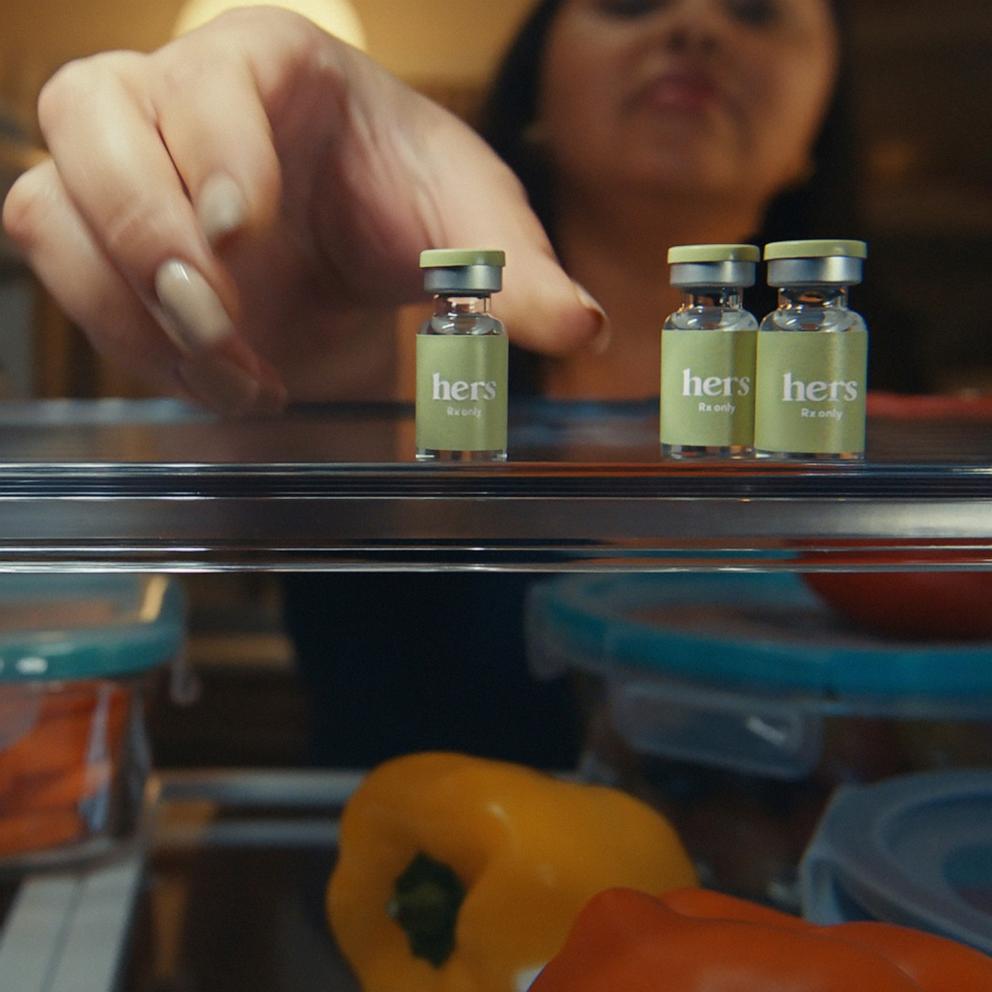Some Hot Dogs, Sausages Studied Contain Human DNA, Says New Report

— -- The food that's a staple of American cookouts is getting some scrutiny for some unexpected ingredients.
Clear Food, an independent company that analyzes food at the molecular level, found that 14.4 percent of the hot dogs it tested were "problematic."
Clear Food reported that it found human DNA in six of the 345 samples, or 2 percent of all samples tested. Four of the six samples that tested positive for human DNA were vegetarian products.
Other ingredients such as chicken, lamb, turkey and beef showed up in samples that were not listed on the product's packaging, according to Clear Food, which did note that no pork was found in the "100% Kosher" products it tested.
For non-meat eaters the results are particularly eye-opening: 10 percent of the vegetarian products tested contained meat (chicken in the veggie breakfast sausages and pork in the veggie hot dogs), and four of the 21 vegetarian samples had "hygienic issues." Moreover, the amount of protein listed in some of the vegetarian products exaggerated the amount of protein in the item by as much as 250 percent, according to the report.
Clear Food does not release the names of the poor-performing products. It does, however, score products based on hygiene, safety and accurate labeling. Major brands including Butterball, Boar's Head, Hebrew National, Oscar Meyer, Jennie O and Trader Joe's all received high marks. Check out the Clear Food site for the complete list of products Clear Food regards as high quality. Clear Food is the consumer outreach arm of Clear Labs, a B2B food analytics startup based in California. The hot dog and sausage report was self-funded, according to Clear Food.
The National Hot Dog and Sausage Council, a trade group that represents hog dog and sausage manufacturers, called the report a "publicity stunt."
"We are unfamiliar with [Clear Food] and have a difficult time determining what to make of their methods or their findings," NHDSC spokesperson Janet Riley told ABC News in a statement today. "What we do know is that any product collected in the marketplace was inspected and passed by the U.S. Department of Agriculture. This publicity stunt changes nothing about the fundamental safety of America’s carefully regulated and inspected hot dogs.”
Marion Nestle, a professor of public health and food studies at New York University and the author of several books, including "Food Politics: How the Food Industry Influences Nutrition and Health," said the report's findings are not entirely surprising.
Human DNA in samples "is a sign of lots of touching with human hands," she told ABC News. "DNA testing produces no end of surprises but I seriously doubt that parts of human remains are incorporated into even the cheapest sausages."
"Anything that's made from meat byproducts is likely to contain parts that don't pass the 'yuck' test," she added. "It's always a good idea to make sure that ground meats of any kind are well cooked."
A spokesperson for Clear Food said that human DNA "degrades the quality of food" but is less of a public health concern. The DNA found in the samples likely came from "hair, skin, finger nail or saliva that was accidentally mixed in during the manufacturing process," according to Clear Food.
According to the National Hot Dog and Sausage Council, Americans spent $2.4 billion last year on hot dogs and another $2.74 billion on sausages. Americans eat 20 billion hot dogs and 14 billion servings of sausages each year, according to the council.



